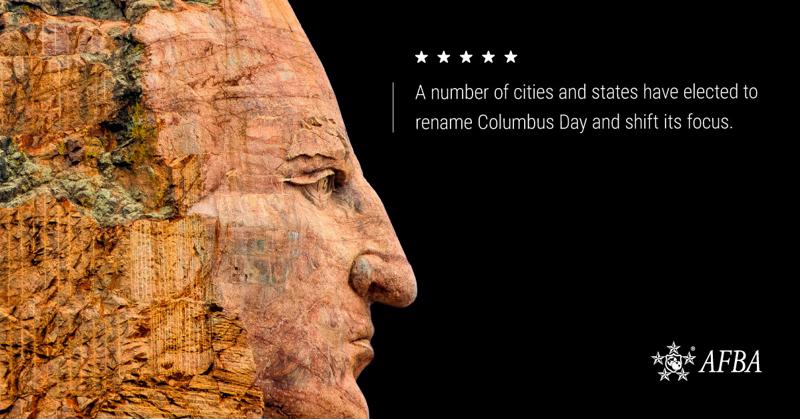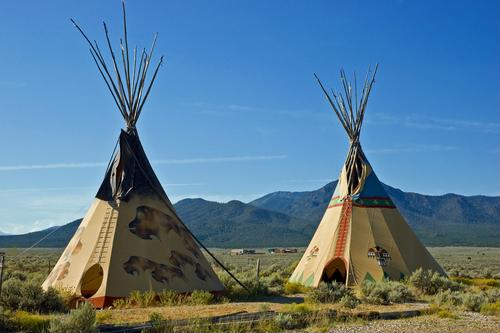This year, Columbus Day falls on Oct. 14, 2019. However, many states and municipalities across the U.S. recognize the holiday as Indigenous Peoples' Day. The revised name indicates that many citizens wish to change who they honor and remember on this occasion.
What happened in 1492?
The Italian explorer Christopher Columbus is typically credited with discovering America during his famous 1492 voyage across the Atlantic, which was sponsored by Spanish monarchs. Yet the stories about the famous man who "sailed the ocean blue in 1492" contain some myths alongside the facts.
Those in favor of renaming the holiday point out that Columbus never actually landed in what is now the continental U.S. On Oct. 12, 1492, his crew set foot in the Bahamas, then made their way to Central America, South America and a few Caribbean islands.
Columbus was certainly not the first man to sail from the Old World to the New. The Norse explorer Leif Erickson serendipitously reached the Americas by way of modern-day Canada around the year 1000. But European colonization of the Americas didn't begin until some 500 years later, after tales about Columbus' experiences circulated throughout Europe.
Moreover, an estimated 10 million indigenous people already inhabited the continent at the time. By changing the holiday's name from Columbus Day to Indigenous Peoples' Day, citizens have the opportunity to formally acknowledge and honor the First Peoples.
"There is power in a name and in who we choose to honor," Maine Governor Janet Mills said when the state renamed the holiday in April 2019. "Today, we take another step in healing the divisions of the past, in fostering inclusiveness, in telling a fuller, deeper history, and in bringing the State and Maine's tribal communities together to build a future shaped by mutual trust and respect."

Which states observe Indigenous Peoples' Day?
U.S. citizens first observed Columbus Day on Oct. 12, 1792, on the 300th anniversary of the voyage. In 1934, it was deemed a federal holiday by President Franklin Roosevelt and became an occasion for celebrating Italian-American heritage. Businesses and government offices around the country typically close for the day, but states and cities aren't required to observe the holiday.
As a result of its controversial history and contested significance, a number of cities and states have elected to rename the holiday and shift its focus.
South Dakota began calling it Native American Day back in 1989 while Berkeley, Calif. held its first Indigenous People's Day in 1992. Alabama jointly honors Columbus Day and American Indian Heritage Day, while Nevada observes Aug. 9th as International Day of the World's Indigenous Peoples, a holiday which was instituted by the U.N. in 1994.
In Alaska, Indigenous Peoples' Day was celebrated twice before it was signed into law in 2017. "This official recognition is just one way we as a state can acknowledge and celebrate the contributions made by First Peoples throughout the history of this land," Bill Walker, Alaska's then-governor, said in a statement.
Vermont, Oregon, Minnesota, New Mexico, Maine and Louisiana have also followed suit, along with over 130 towns and cities; the numbers grow each year.
Still, at the federal level, it remains Columbus Day. In a 2018 statement issued by the White House, President Donald Trump proclaimed, "On Columbus Day, we commemorate the achievements of this skilled Italian explorer and recognize his courage, will power, and ambition — all values we cherish as Americans." The statement continued to "acknowledge the important contributions of Italian Americans to our country's culture, business, and civic life," reflecting the original intent of the holiday.


